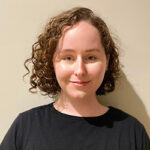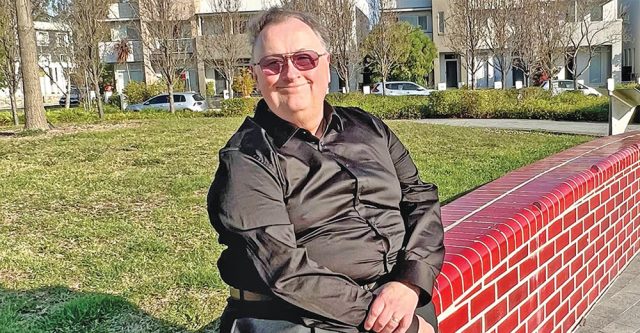With an estimated 50 per cent of those living with dementia in western Sydney remaining undiagnosed, locals are being urged to seek out a timely diagnosis.
Australian researchers have recently launched Face Dementia, a campaign that’s designed to raise awareness in western Sydney of the early signs of dementia
“While we don’t yet have a cure for dementia, diagnosis is essential for people with dementia to access treatments, rehabilitation, therapies and supports,” Lee-Fay Low, Professor in Ageing and Health at the University of Sydney, said.
“Timely diagnosis, regardless of age or disease progression, allows for the person and their family to adjust, plan ahead, and make lifestyle changes now that can slow the progression of dementia and significantly improve their quality of life.”
Face Dementia said many people living with dementia wished they had received their diagnosis earlier, but had put off getting an assessment because of denial or confusing dementia with old age.
“We want Australians to be able to recognise early signs of dementia, and to understand the benefits of getting a timely diagnosis,” Low added.
“The resources shared as part of the campaign can help families to start a conversation about concerns, and ask their GP for an assessment.
“Western Sydney is one of our key focus regions because in culturally diverse communities stigma can be an additional barrier to seeking information and help.”
To support people in getting a diagnosis, Face Dementia has provided online resources. It includes a checklist that helps those with concerns to identify symptoms and provides advice on how to have difficult conversations with family and talk with a GP.
The program resources were developed by leading researchers from the University of Sydney, University of Wollongong, Flinders University, Deakin University, UNSW Sydney, University of Queensland and the University of Tasmania.
After his wife encouraged him to see a doctor, western Sydney resident Stephen Grady was diagnosed with younger onset dementia at only 60-years-old.
Grady said that connecting with other people living with dementia helped him to adjust and better understand his diagnosis.
Now the Dementia Australia advocate is encouraging other western Sydney residents to take the leap and get an early diagnosis as well.
“I want to encourage others to be aware of the signs of dementia, be firm in advocating for yourself, and to get an early diagnosis,” he added.
To find out more about Face Dementia, visit http://www.facedementia.au. If this story has prompted any questions or concerns, please call the National Dementia Helpline on 1800 100 500.
Signs and symptoms of dementia
Although early signs of dementia can be subtle and may not be immediately obvious, here are some of the most common symptoms to look out for:
• Memory loss
• Changes in mood and personality
• Difficulty completing everyday tasks
• Changes in planning and problem-solving abilities
• Decreased or poor judgment
• Confusion about time or place
• Difficulty with speech, writing or comprehension
• Misplacing things and losing the ability to retrace steps
• Trouble understanding what you see and distances, depth and space in your surroundings
• Withdrawal from work/social activities
However, it’s important to note a number of conditions produce symptoms similar to dementia, such as some vitamin and hormone deficiencies, depression, medication effects, infections and brain tumours.
When symptoms first appear, it is important to talk to your doctor. An early diagnosis can mean early access to support, information and, if it is available, medication.

Ellie Busby
Ellie Busby is a news reporter for Western Sydney Publishing Group. A graduate of the University of Hertfordshire and Western Sydney University, she is a journalism Major. Ellie has worked with Universal Media, The Cova Project and for a range of other projects.

